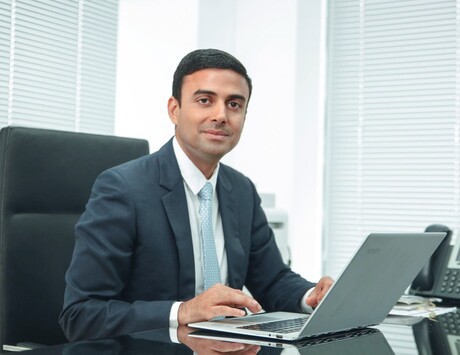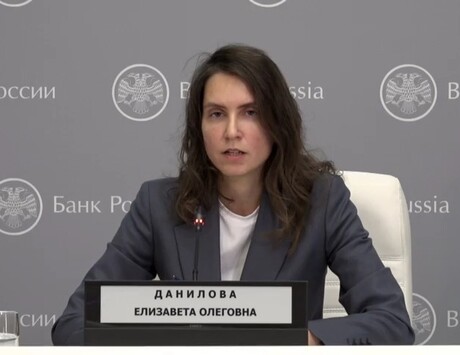The build up to the London conference on Somalia has focused on what doesn't work in the Horn of Africa nation - the coastguard, the central government, the security services - but the answer to the country's crisis lies in examining what does work, argue Somali business leaders.
Piracy, famine, kidnappings and a multi-sided battle against Islamic militants the Shabab dominate headlines in a country routinely referred to as the world's most-failed state. But there are regions of Somalia that are enjoying comparative stability and strong economic growth, argues Abdirashid Duale, the CEO of the region's leading money transfer company Dahabshil. Studying what's working in the relatively peaceful regions of the country may hold the key to solving the crisis in the southern and central regions which have been worst hit by war and famine.
"Many outsiders are not seeing the full picture," said Mr Duale. "It is true that politically, certain regions of Somalia have failed, but there are significant regions – particularly Somaliland, Puntland and Galmudug – that have benefited from diaspora investment and are relatively stable."
Much of the focus at the London talks will be international efforts to solve the Somali crisis but the biggest investor in the country - at $2bn annually -- is the Somali diaspora itself, he points out.
"The conference addresses issues that are highly political, but if the Somali region is to be rehabilitated, then its business community – domestic and international – must be central to any agreed plan," said Mr Duale.
For two decades international engagement with Somalia has been dominated by the alternating approaches of military occupation or containment. Despite the disastrous effects of various military interventions, particularly the Ethiopian invasion in 2007, the first approach has remained popular with policy makers. While up until the Horn of Africa famine spurred a major international response the policy of containing Somalia's problems within its borders was the preferred policy option in a region heavily impacted by the US war on terror.
There has been very little focus on taking what hasn't failed in Somalia which typically revolves around the national obsession of trade, in sectors like livestock, and newer fields like telecoms and money transfer.
When the success of Dahabshiil and other money transfer systems has been discussed it has often been talked about in terms of blocking alleged funding of extremist groups like Shabab with its self-avowed links to al Qa'ida. In December US banks in Minnesota, which is home to America's largest Somali community shut down remittance services following the conviction of two ethnic Somali women for raising funds for the Shabab.
"Blocking remittances to Somalia from the diaspora in the US is very damaging to those who depend on that source of income to survive," said Duale. "Following the recent case in Minnesota, I would urge the international community not to follow suit."
He points out that annual remittances represent the largest capital inflow to the Somali region, "far greater than the funding it receives in international aid."
There is widespread frustration in the Somali business community that the remittance system is being targeted while aid to Somalia's dysfunctional central government is being increased despite its atrocious track record which includes embezzling funds meant to pay its soldiers who have then sold their weapons to the Shabab.
The London gathering backed by the British foreign office is expected to strengthen support to Somalia's transtional federal government (TFG) despite its history of squabbling and theft of foreign aid. There are calls for any new funding to focus on the education system and boosting economic efforts that could offer alternatives for young Somalis otherwise vulnerable for recruitment by radicals or pirates.
"Many of Somalia’s key business sectors are already thriving, while civil servants and government officials are often poorly paid and unaccountable, so the political process needs to catch up," said the Dahabshiil boss.
The strongest message from business and community leaders has been the need for a solution led by Somalis themselves to their country's enduring crisis.
"While the support of the international community is crucial, solutions to Somalia’s problems must be Somali-led," said Mr Duale. "The functioning administrations in certain regions show they are more than capable. The international community should recognise what Somalia has achieved and how it has achieved it."



